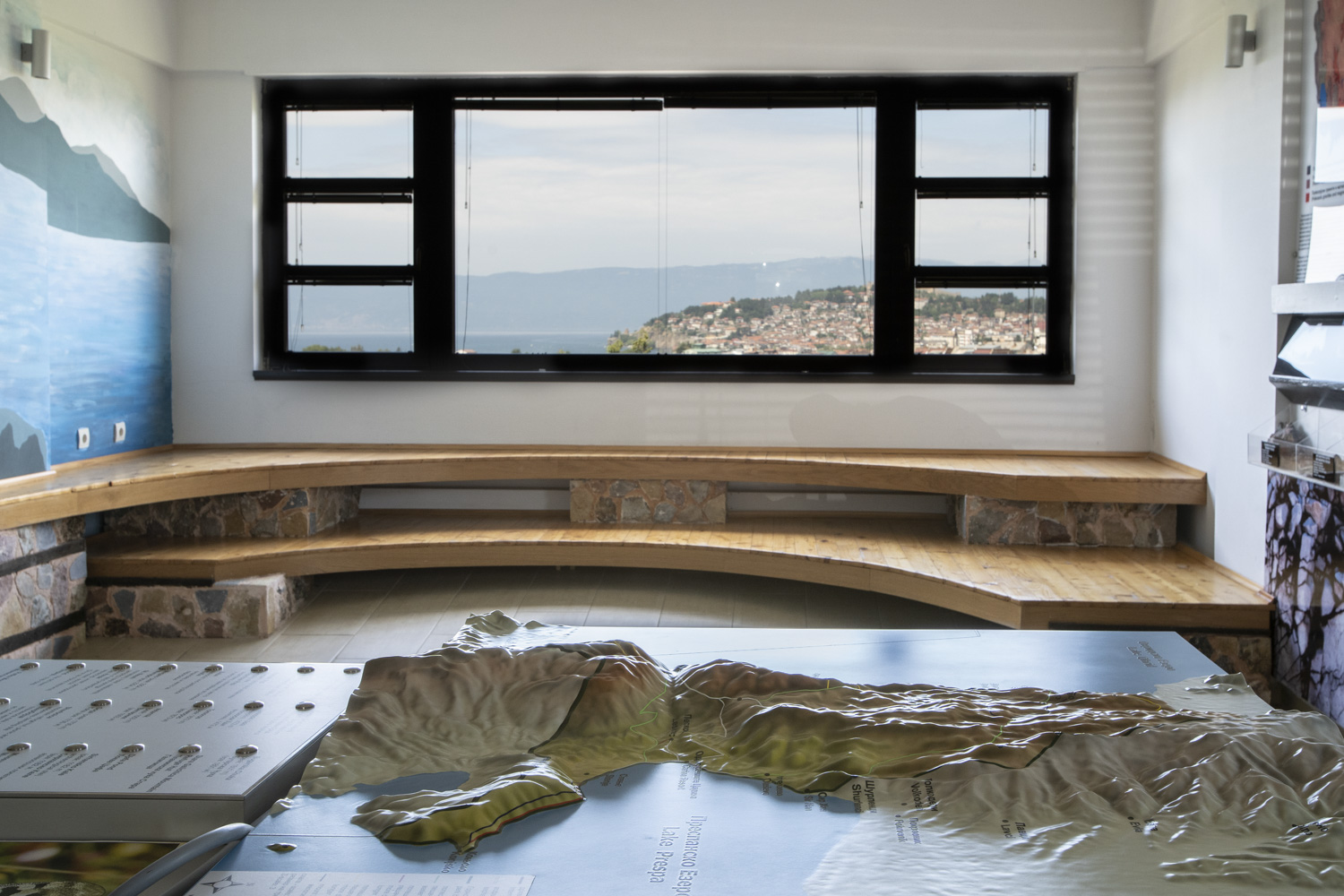

Improved operational planning enables the PA managers clearly define their capacity gaps and most critical resource requirements for effective implementation of the activities. PONT’s long-term co-financing enables the PA managers in WPA to recruit new staff and deploy resources to sustain their core management functions. Using the budget Template developed by PONT, PA managers develop a detailed budget for each action that is broken down into 5 cost categories: staff costs; consultants; equipment and infrastructure; travel, meeting, and training costs; and consumables, operating and other costs. PONT co-financing amounts up to 50% of the total annual budget and is used for covering both recurrent and non-recurrent cost related to the core management operations, except for procurement of equipment and construction of new infrastructure exceeding 20,000 EUR
The PONT budget Template helps PA managers combine effectively PONT’s co-financing with funding from the government or the revenue they generate, as well as projects implemented by conservation NGOs or international donors and agencies.
Lack of detailed data on PA management costs hamper effective conservation planning and management. PAs in the WPA lack systems in place that connect financial data with the on-ground conservation actions. Financial information is commonly managed for the purposes of meeting national financial reporting requirements, that are general in nature, rather than management. The annual budget using PONT’s template is organized in a way that permits costs aggregation and analysis by results that are in turn linked to management objectives. This also informs the operational planning in the subsequent management cycle and helps identify opportunities for improved productivity and effectiveness. Further progress in operational planning would depend on the capacity to improve the estimates of the required costs of different functional areas of work and also of the levels of management performance.